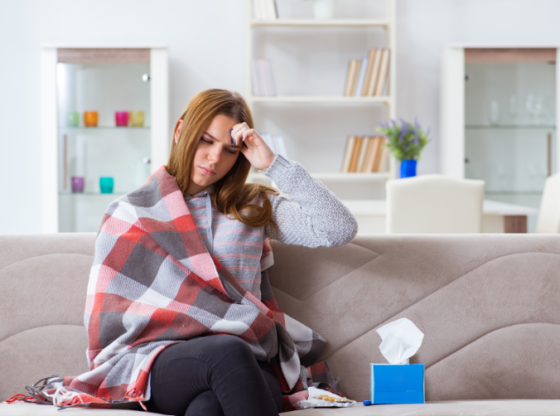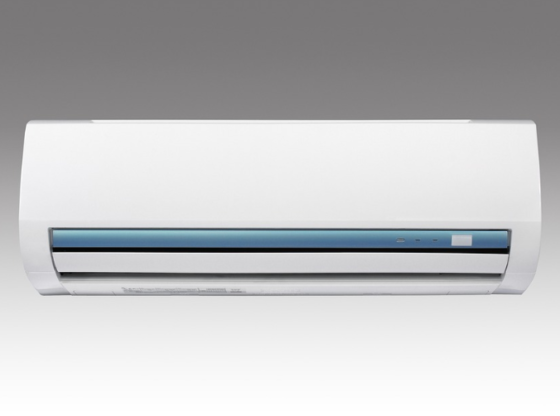Sleep is essential for our mental and physical health. It allows our bodies to rest and recharge, helping us to stay energized throughout the day. Unfortunately, we are more likely to suffer from chronic fatigue, mood disorders, and increased disease risk without proper sleep. Additionally, not getting enough sleep can significantly impact our cognitive functioning. Whether trying to concentrate on a difficult task or make decisions that require critical thought, we must get adequate rest to function at our best. So if you want to live a healthy and productive life, be sure to prioritize sleep and make it a priority in your daily routine. Your mind and body will thank you! You can read more in detail in this guide.
Many factors can contribute to poor sleep, including stress, anxiety, medications, and underlying medical conditions. However, one of the most common reasons people experience difficulty sleeping is that they simply don’t have good sleep habits. If you’re not sure how to create healthy sleep habits or if you’re struggling to stick with the ones you have, here are ten tips that can help:
Like healthy eating and regular exercise, getting enough sleep should be part of your overall wellness plan. Consider scheduling some “me time” before bed so that you can wind down and relax. This may include reading a book, taking a bath, or stretching. This also includes avoiding screens (phone, laptop, TV) in the hour leading up to sleep.
2. Establish a regular sleep schedule.
One of the best ways to improve your sleep is to go to bed and wake up at the same time each day. This helps regulate your body’s natural sleep rhythm and make it easier to fall asleep and stay asleep.
3. Create a comfortable sleeping environment.
Your bedroom should be dark, quiet, and cool—a place where you can relax and feel rested. If you live in a noisy area or have trouble sleeping in complete darkness, consider using earplugs or an eye mask to help block out distractions. You may also want to try a white noise machine to help you drift off to sleep.
4. Avoid caffeine and alcohol before bed.
Caffeine is a stimulant that can keep you awake, so it’s best to avoid coffee, tea, energy drinks, and chocolate in the evening. Alcohol may make you feel drowsy at first, but it can disrupt your sleep later in the night. If you choose to drink alcohol, do so in moderation and with food to help prevent waking up in the middle of the night.
5. Get up and move during the day.
Regular physical activity can help improve your sleep by relieving tension and fatigue. However, avoid working out too close to bedtime, as this can have the opposite effect.
6. Limit your naps.
While a short nap can be refreshing, napping for too long or too close to bedtime can make it harder to fall asleep at night. If you need a daytime nap, limit it to 30 minutes and try to take it earlier in the day.
7. Avoid working or using electronic devices in bed.
Your bed should be reserved for sleep and sex, not work or play. If you can’t resist the urge to check your email one last time before bed, consider keeping your phone or laptop out of reach so that you’re not tempted.
8. Eat light meals and snacks earlier in the day.
Eating a large meal too close to bedtime can cause indigestion and make it difficult to sleep. Instead, try to eat your last meal or snack a few hours before bed.
9. Avoid drinking too much fluid before bed.
It’s essential to stay hydrated during the day, but drinking too much water or other fluids before bed can lead to nighttime trips to the bathroom. If you need to drink something before bed, stick with a small glass of water or herbal tea.
10. Wind down before bedtime.
Avoid activities that require mental or physical energy in the hour leading up to sleep. This means no more work, no more watching TV and no more scrolling through social media.
While getting a good night’s sleep may seem like an impossible task at times, it is essential to remember that there are ways to improve our slumber. By following the tips we have outlined in this blog post, you can help ensure that you are getting the most out of your sleep and feeling refreshed and rejuvenated.











